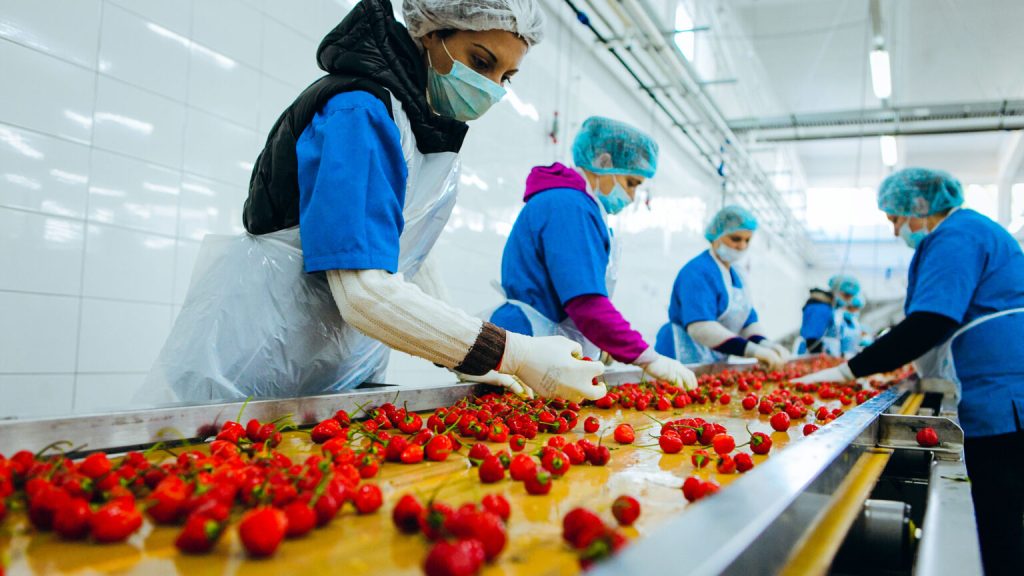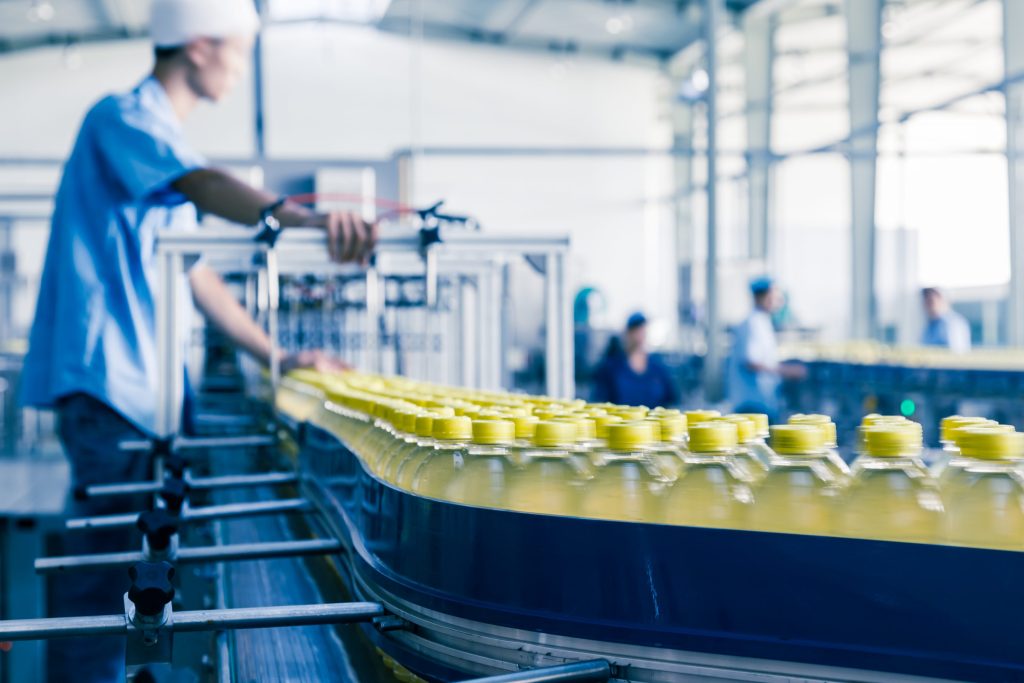Introduction to Food Processing Sanitation Companies
Food processing sanitation companies play a crucial role in ensuring the safety and quality of the food we consume. These companies specialize in providing comprehensive sanitation services for food processing facilities, which are essential for maintaining high standards of cleanliness and hygiene.

The primary goal of food processing sanitation companies is to prevent contamination and eliminate any potential hazards that could compromise the safety of our food. They work closely with food manufacturers, distributors, and other stakeholders in the industry to develop effective sanitation strategies that comply with regulatory standards and industry best practices.

